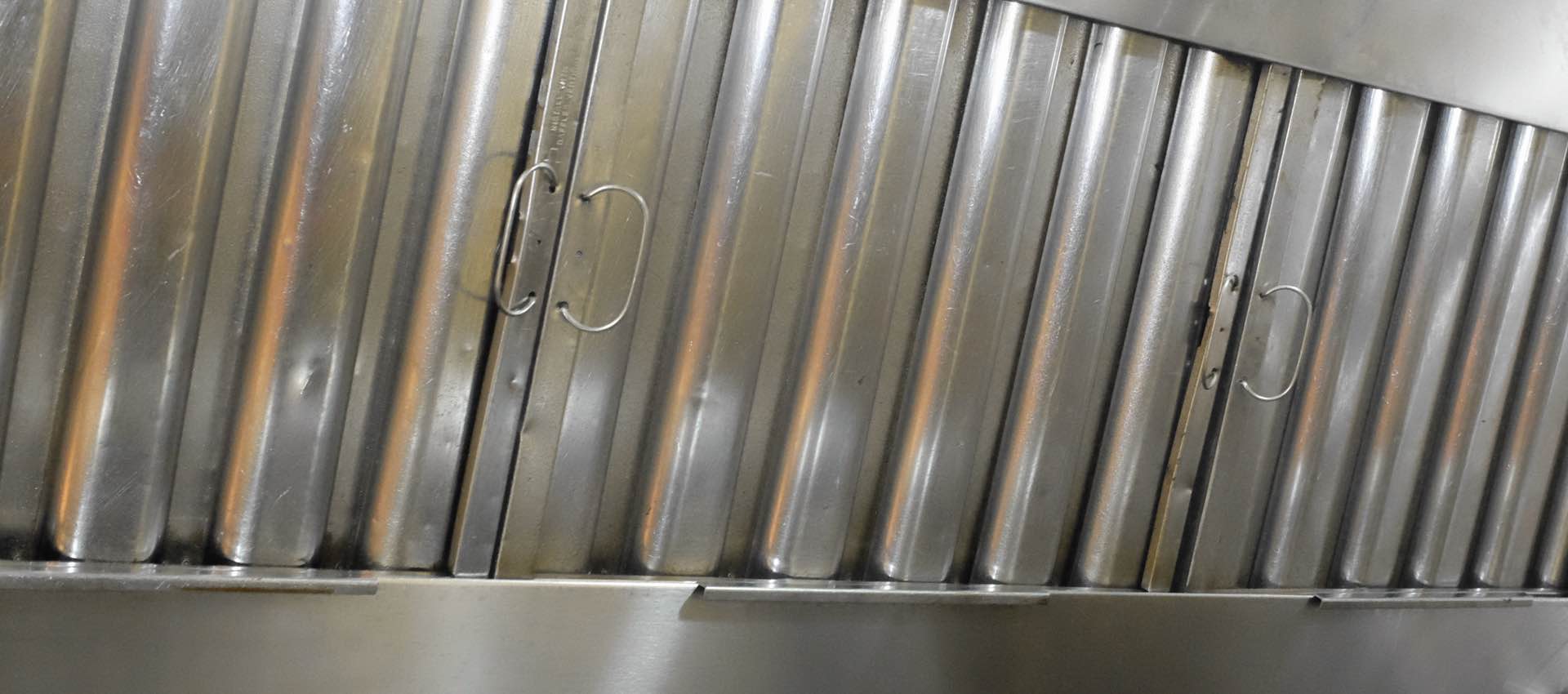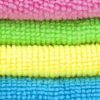Clean baffle filters are the first step in preventing kitchen fires from spreading through the vent hood and into the rest of the exhaust system.
The best way to maintain the exhaust system is to clean hood filters on a weekly and sometimes daily basis. Additionally, fire code regulations require that filters are kept clean and in good working order.
A filter that is clogged with grease does not allow the system to “breath” properly and can cause premature failure of the fan motor, smoke to escape outside of the kitchen, thereby creating an imbalance in indoor air quality. A thorough cleaning is the only way to ensure hood filters don’t become overly clogged with grease, which can cause the following problems:
- Reduced filtering capabilities
- Smoky air in the kitchen
- Excessive heat in the kitchen
- Increased air conditioning costs
- Extreme fire hazards
- Exhaust system strain
Depending on your cooking volume, baffle filter maintenance should take place monthly, weekly or even daily. The most effective cleaning methods include:
- Hand Washing – After safely removing from the hood, place the filter in a sink filled with hot, soapy water and scrub with a non-abrasive sponge or scrubber. Avoid bleach and other harsh chemicals.
- Dishwashing – This method works well with hinged hood filters and is a timesaver. After removing from the hood, the filter is placed in a high-temperature dishwasher and cleaned with dish detergent.
- Soaking – If you own a hood filter soak tank, fill the tank with water and add a non-corrosive, metal-safe cleaner designed for baffle filters. This method saves time since you can typically place up to six in the tank and allow them to soak overnight.
Whether you choose to clean the filters yourself or hire a vent hood cleaner like Halo to do the job, preventing an excess amount of grease build-up ultimately helps to reduce your risk of kitchen fires and prevent the need for costly repairs. Maintain a clean kitchen and promote safety by making baffle hood filter cleaning a top priority.




